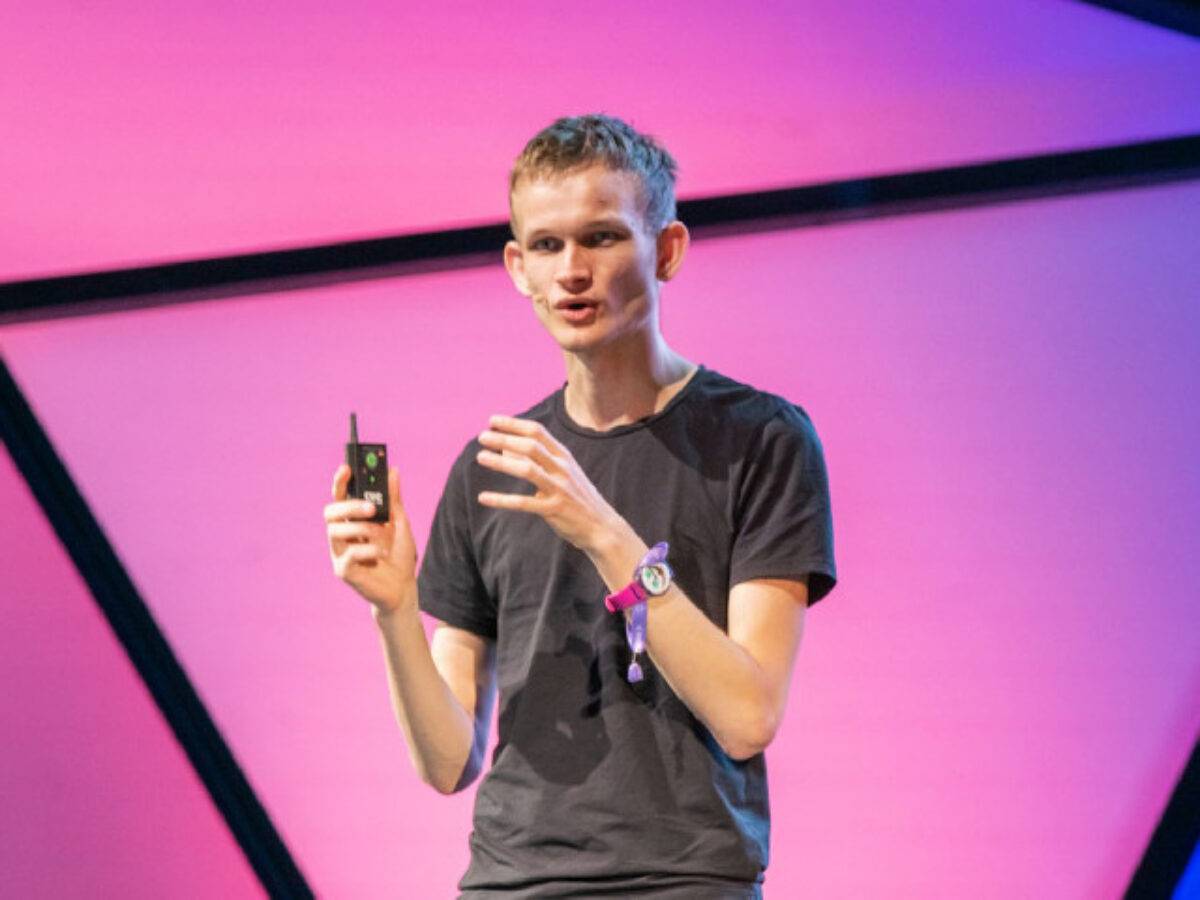 Vitalik Buterin “hints” at a new era of Ethereum, 10x growth. Photo: DeFi Planet
Vitalik Buterin “hints” at a new era of Ethereum, 10x growth. Photo: DeFi Planet
At the recent Japan Dev Conference, Ethereum founder Vitalik Buterin announced a new roadmap , ranging from short-term to long-term, laying the foundation for a stronger, more secure, decentralized, and sustainable Ethereum in the next decade.
vitalik
— AB Kuai.Dong (@_FORAB) September 17, 2025
短期实现:扩容,提高以太坊 L1 的Gas限额。
中期目标:跨 L2 互操作性,与更快相应速度。
长期愿景:安全、简洁、抗量子、经过形式化验证的精简版以太坊。
以下是现场全程梳理 ⬇️ pic.twitter.com/iiEA8tE7VK
10x growth target
- Vitalik claims Ethereum will increase throughput and usability 10x in the next year, while maintaining security and decentralization.
- The strategic focus remains on layer-2 (L2) , scaling solutions on Ethereum. Not only for scale, L2 also aims to move assets, evidence and data back and forth between multiple L2s with greater reliability and speed.
- Along with that, Ethereum gradually positions itself as a stable and reliable infrastructure for hundreds of millions of global users.
Security & performance go hand in hand
- Layer-1 (L1) remains Vai . Vitalik emphasized that the top priority is to maintain security and decentralization while raising the gas limit.
- Some technical solutions proposed by Vitalik:
Block-level access list: optimize data in Block.
ZK-EVM (Zero-Knowledge Ethereum Virtual Machine): Ethereum Arm Virtual Machine uses zero-knowledge proof, both scalable and secure.
Gas price repricing: adjusts gas prices to reflect the true cost of processing.
Slot optimization: optimize Block slots to increase transaction speed.
- In addition, the research team is also aiming for single-slot finality and three-stage finalization, a faster and more secure Block validation model, reducing latency and improving user experience.
Privacy becomes the default
- Last week, Ethereum restructured its research group into Privacy Stewards of Ethereum ( PSE ), focusing on three main areas: private write, private read, and private proving.
Write privacy (hide transactions when writing data): use zero-knowledge proof, anonymous fund pool, encrypted voting, mix network to hide origin.
Read privacy: use trusted execution environments, private information retrieval, partial state nodes, padding & dummy requests to avoid metadata leaks.
In addition, the PSE team also focuses on RPC privacy - protecting privacy when applications query data from nodes, which are vulnerable to attack.
- The goal here is to make privacy the default for all on-chain activities, rather than just an option. This is also a general trend, with even XRP Ledger experimenting with high- Security Token for a variety of purposes.
Preparing for the post-quantum era
- Vitalik emphasizes that quantum resistance will be a long-term pillar:
Switch to new cryptographic algorithms for hashing, signatures, ZKP.
Apply formal verification to secure the protocol mathematically.
Towards optimal cryptographic primitives, building quantum-proof Ethereum.
- According to many analyses, Vitalik is gradually delegating scaling to the dev community to focus on more difficult challenges such as resilience to major incidents and censorship resistance, building long-term trust for Ethereum.
Message to Asian Programmers
- Vitalik calls on the Asian developer community to focus on solving core technical problems, while leveraging AI as a powerful tool for:
Verify and test smart contracts.
Detect vulnerabilities, monitor dApp security in real time.
Support more transparent decentralized governance.
- He also pointed out the difference in development style. While China develops quickly, on a large scale, and with large projects, Japan is being agile, often testing new technology early before spreading it globally.
Coin68 synthesis







